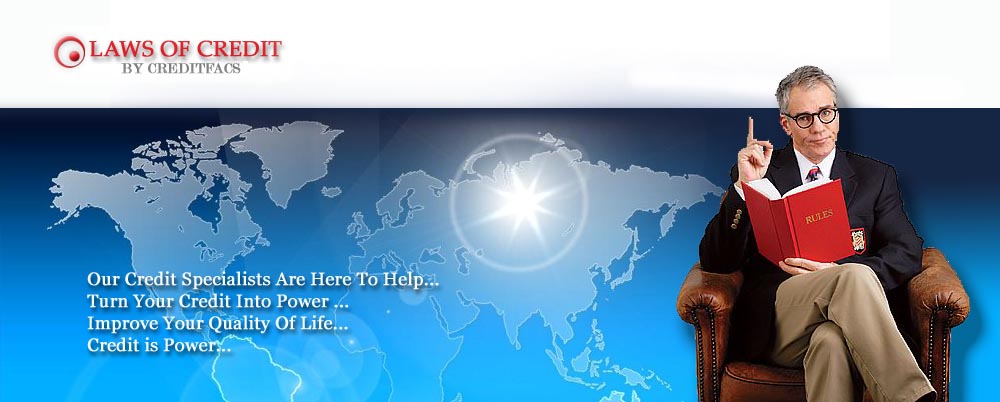HOME EQUITY LOAN
Consider utilizing a home equity loan to consolidate your other debts into one. As mentioned above, this can help you overcome debt and free yourself from financial prison, so to speak. You will have just one monthly payment, designed to be lower than the sum of all your previous outstanding debts. As an additional benefit, your lender can oftentimes pay the other debts for you with the funds from a home equity loan. When it comes to out-of-control debt, a home equity loan can be a good solution for many people. An added bonus for using this type of loan is that it is tax deductible.
|
LOW INTEREST CREDIT CARDS
Low or zero interest credit cards can offer a way to consolidate your debt, especially if you don't own a home. The credit card companies sometimes offer low interest or zero interest loans to lure customers into signing up with their company or to coax competitors' customers into transferring their balances. Be aware, however, that though this may sound like a good idea, many times the credit card companies only offer this option to consumers with very good credit. Also, be diligent about taking into account the terms you are agreeing to. Here are some pitfalls to look out for:
DEBT CONSOLIDATION: MAKING THAT ONE PAYMENT
- Read the fine print on these agreements. Note what interest you will be paying when the offer is up. If the interest is high, make other arrangements before the payoff date arrives.
- Be sure to make your payments on time. If you are late on just one payment, the credit card company can usually jack up your rates.
- Look for hidden fees and charges that can make that seemingly low interest higher than it appears.
|

